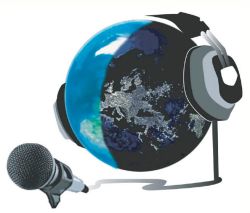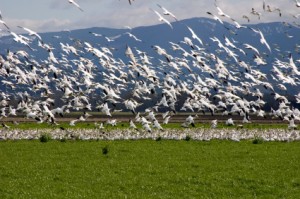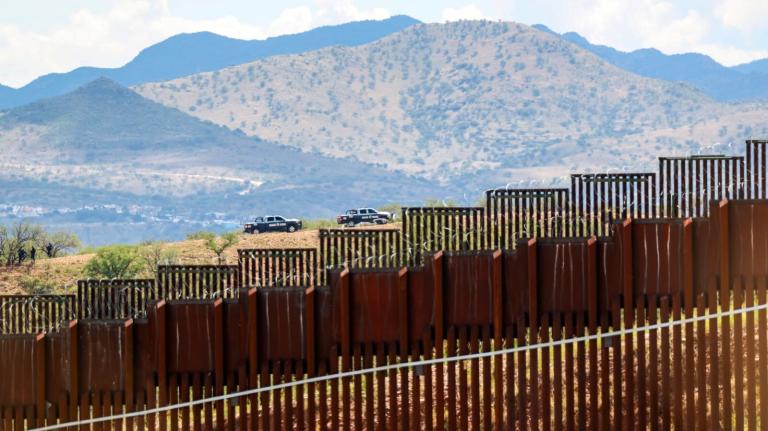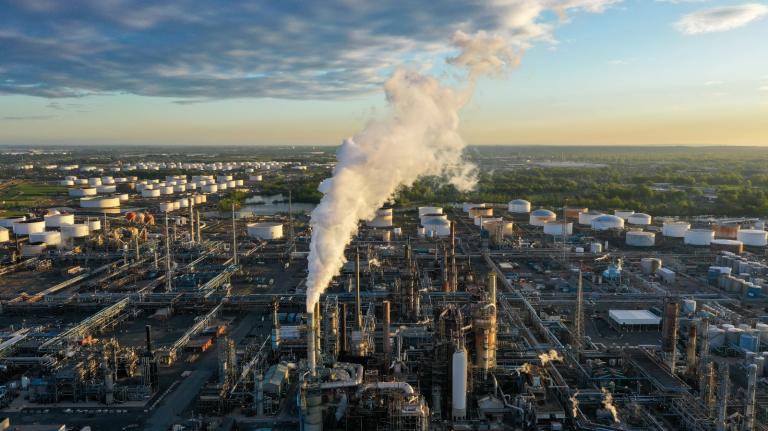 Geologists are not particularly renowned for their conversational skills. They tend to be a hairy bunch of beer-drinking nerds who are probably the only people on the planet that still prefer Tevas to Chacos. But every now and then the earth sciences offer up an idea that reverberates and captures our attention.
Geologists are not particularly renowned for their conversational skills. They tend to be a hairy bunch of beer-drinking nerds who are probably the only people on the planet that still prefer Tevas to Chacos. But every now and then the earth sciences offer up an idea that reverberates and captures our attention.
Witness Charles Darwin. You may think of Darwin as a biologist, because he gave us an appreciation of the spectacular biodiversity of the planet. Geologists, however, claim his as their own: For evolution to work, you need a WHOLE lot of time. Darwin understood this. He’d studied geology.
More recently — in the last couple of years, to be exact — geologists have brought us another show-stopping concept. They call it the Anthropocene. Literally, anthropocene means “the age of humans.” We humans, the thinking goes, are a geologic event like asteroid impact or the end of an ice age.
At first this sounds like a joke. When you look at it through the long lens of earth history, our occurrence appears as an insignificant blip. We’re the last second on a 24-hour clock, the last inch before the end-zone on a football field. We’re nothing. We’re tiny. We’re a fraction of a percent, an evolutionary remainder.
But, if you think about it, there are, in fact, some very good reasons to think that we’ve created a new geologic age. We’ve certainly changed the terms of life. We killed off the woolly mammoth and the dodos, shipped pythons from Burma to Florida, and created breeding grounds for rats, raccoons, pigeons, and other urban-loving creatures. Throw climate change and ocean acidification into the mix, and it’s easy to make a case that our influence surges from continental to global. Even if a virus wipes us all out tomorrow, our impacts on the planet will be felt for a long time to come.
Do we deserve our own geologic epoch? Geologists are still debating that point. We usually reserve these things for major planetary transformations, from the evolution of multicellular organisms to the extinction of the dinosaurs. Whether or not we get our own, however, the idea is worth thinking about.
That’s why I petitioned my department at Stanford to let me teach a class about the Anthropocene. (It’s true. I’m a geologist. I’m finishing up my PhD in geosciences.) My idea was to have Stanford students pick faculty working on 21st century environmental issues. The students would then sit down with their subject for an hour to record a conversation about what the Anthropocene is. More importantly, I wanted them to struggle with what it means to be living in a new geologic age. They’re the ones inheriting the planet, so, to my mind, their voices are perhaps the more important ones.
Our students were free to pick anyone. They didn’t have to be geologists, or even scientists. Some picked historians, engineers, or religious studies professors. Our class worked like a newspaper editorial boardroom, where everyone pitched ideas, collaborated, and critiqued each other’s stories. We recorded the interviews at our college radio station, KZSU, and then edited the audio into digestible pieces. Since we view our project as an inter-generational dialogue, we decided to call it Generation Anthropocene.
Over the next few months, we’ll release an episode of Generation Anthropocene each week on Grist, starting with this one, a compilation of excerpts from all of our interviews that serves as an introduction to the series.
Free MP3. (Right click, select “Save Link As.”)
At the heart of it, we’re trying to reconcile the immense time scales of earth history with everything we know about human history. We’re aiming for a balanced perspective and fresh eyes on the future of our inevitable engagement with the environment. More than anything, we believe that the power to imagine vast amounts of space and time is exactly the same power needed for benevolent stewardship — for life in the Anthropocene.
We hope you, too, walk away feeling a little more prepared for life in the new age.




